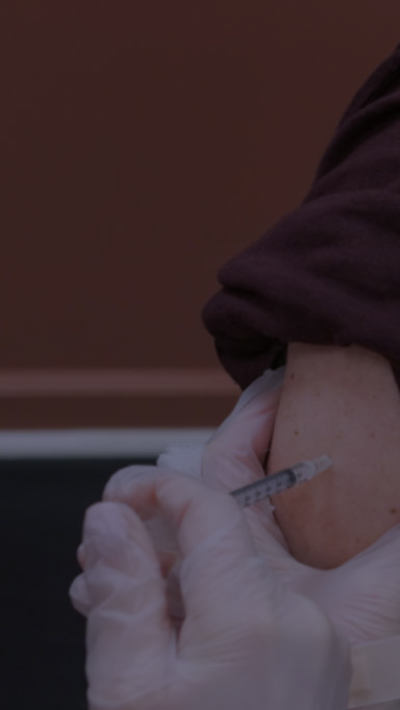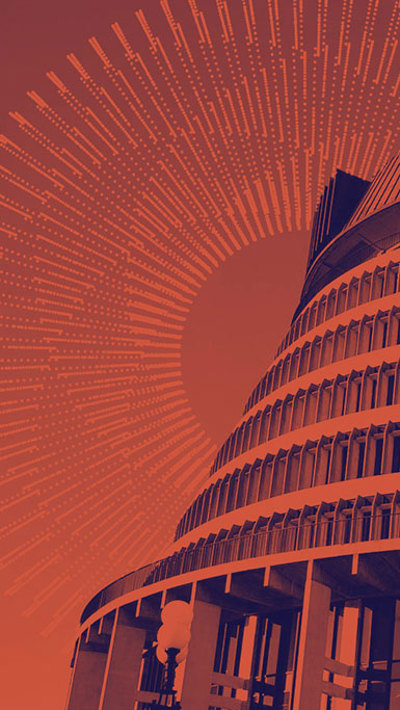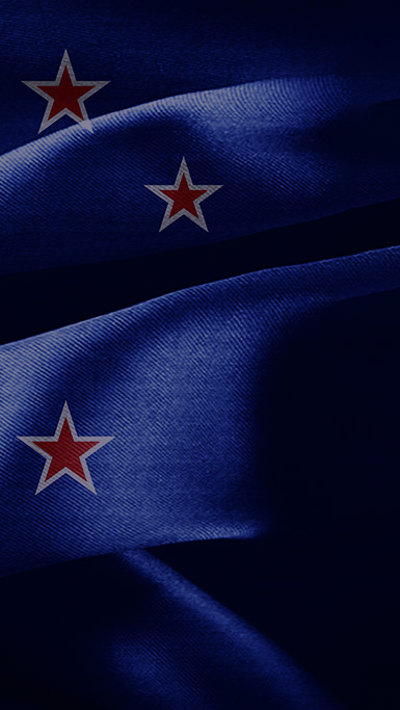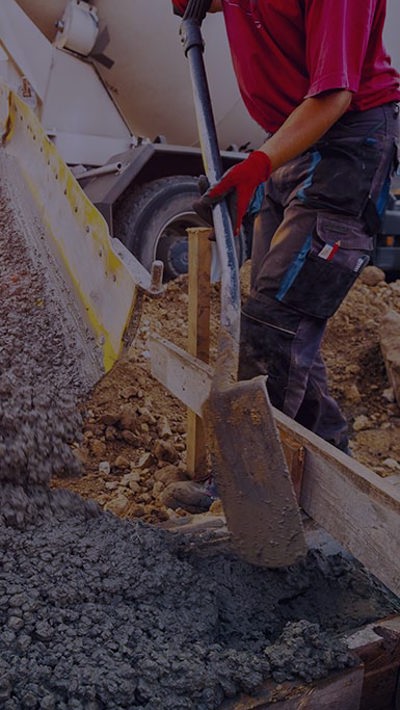Contents
Workplace Watch tracks legislative, regulatory, policy and enforcement developments in employment, health and safety and immigration.
Key themes in this publication include:
- An update on the Fair Pay Agreement progress;
- The latest developments from the Employment Court decision that Uber drivers are employees, not contractors;
- The many Bills relating to employment law either recently passed, paused, going through the House, or awaiting introduction; and
- An industry report shows H&S regime is not delivering necessary change.
Chapter 1
Employment
Fair Pay Agreements update
Five Fair Pay Agreement applications have been approved as at the end of June:
- Interurban, rural and urban bus transport (drivers and cleaners);
- Hospitality;
- Security officers and guards;
- Early childhood education; and
- Commercial cleaners.
The next stage is to set up bargaining sides, a process that can take up to three months, and has been completed for the bus drivers’ application with New Zealand Tramways representing the employers and the Amalgamated Workers Union on the other side of the table.
Two applications are still awaiting approval: one for supermarkets and grocery stores and other for stevedores and waterside workers.
Check out the MBIE Fair Pay Agreements dashboard.
Employment Court Uber decision to go to Appeal Court
The Court of Appeal has granted Uber leave to appeal the Employment Court judgment that Uber drivers are employees rather than contractors.
Considerations the Court of Appeal took into account were that it was important to ensure the correct approach was taken because the industry and the technology were moving very fast, and because the decision would have an impact on other businesses. No date has yet been set for the hearing.
Better protections for contractors on pause
Plans to prevent employers from defining their workers as contractors to avoid the minimum standards under the Employment Relations Act have been paused as part of Prime Minister Chris Hipkins’ policy bonfire.
Legislation was being developed by former Workplace Relations and Safety Minister Michael Wood to progress the recommendations of the Tripartite Working Group on creating better protections for contractors. The Group’s principal recommendation was to revise the legal definition of “employee” to draw a stronger distinction with people who are in business on their own account.
What happens from here will depend on the 2023 election result. However, Uber is continuing its attempts to lobby the Government into considering a third category of “worker” by releasing the results of a driver survey which showed that the majority surveyed preferred being independent contractors.
Employment Relations (Protection for KiwiSaver Members) Amendment Bill
This Bill requires that workers enrolled in KiwiSaver are offered the same terms of employment, conditions of work, fringe benefits and opportunities for training, promotion and transfer as are provided to non-KiwiSaver members.
It winds back an amendment by the first Key Government which allowed differential treatment. Although a private member’s Bill, it does not have to go through the usual lottery as it has the support of 61 MPs outside the executive so can proceed automatically to first reading.
Read the Bill.
Worker Protection Bill report back
The Worker Protection (Migrant and Other Employees) Bill has been reported back from select committee with a recommendation that it proceed. It creates amendments to the Immigration Act, the Employment Relations Act and the Companies Act.
Provisions include: a new power for desk-based immigration officers to request employment-related documents, new infringement offences, and an ability by the High Court to disqualify persons convicted of exploitation or trafficking from being a director or manager of a company.
Read the select committee report.
Living wage $26 an hour from 1 September
The living wage will be increased from $23.65 to $26 an hour from 1 September 2023, a rise of almost 10%. The wage is recalculated every five years which – in a high inflation environment – will throw up quite large adjustments.
Read the announcement.

Minimum wage increase
The minimum wage will rise to $22.70 an hour (from $21.20) on 1 April for adults and to $18.16 (from $16.96) for trainees and workers under 16.
Restraint of trade bill sent to Select Committee
A Private Members Bill by Labour MP Helen White has passed its first reading and has been referred to the Select Committee. The Bill provides that restraint of trade clauses will be unenforceable unless strict criteria is met including a minimum wage threshold and a requirement to pay the employee during the restraint period.
We expect the Bill will receive significant public submissions during the Select Committee process. National and Act are opposed to the Bill and so we expect it will not progress if the National Party is elected in October.
View the bill.
Fire and Emergency’s change project failed through lack of leadership
Fire and Emergency New Zealand’s implementation of a change programme to deal with bullying has not achieved the desired objectives due to a lack of leadership within the organisation and because it was treated as a discrete project rather than integrated into the organisation’s everyday business.
This was the key finding of an independent review conducted by Belinda Clark, who has since been appointed to the FENZ Board.
The report recommended that the FENZ executive team design and implement a clear culture change plan and a way to measure success. This would include:
- Establishing an independent Advisory Committee to oversee the exercise for at least a three-year period, entrusting the complaints process to a new external body for at least five years, and referring all allegations of criminal offending to the Police;
- Introducing a single stand-alone Code of Conduct to apply to all FENZ personnel;
- Implementing a ‘zero-tolerance’ policy to bullying and harassment, under which all formal complaints are investigated with dismissal the sanction for misconduct;
- Protecting the wellbeing and safety of complainants while their complaints are being investigated;
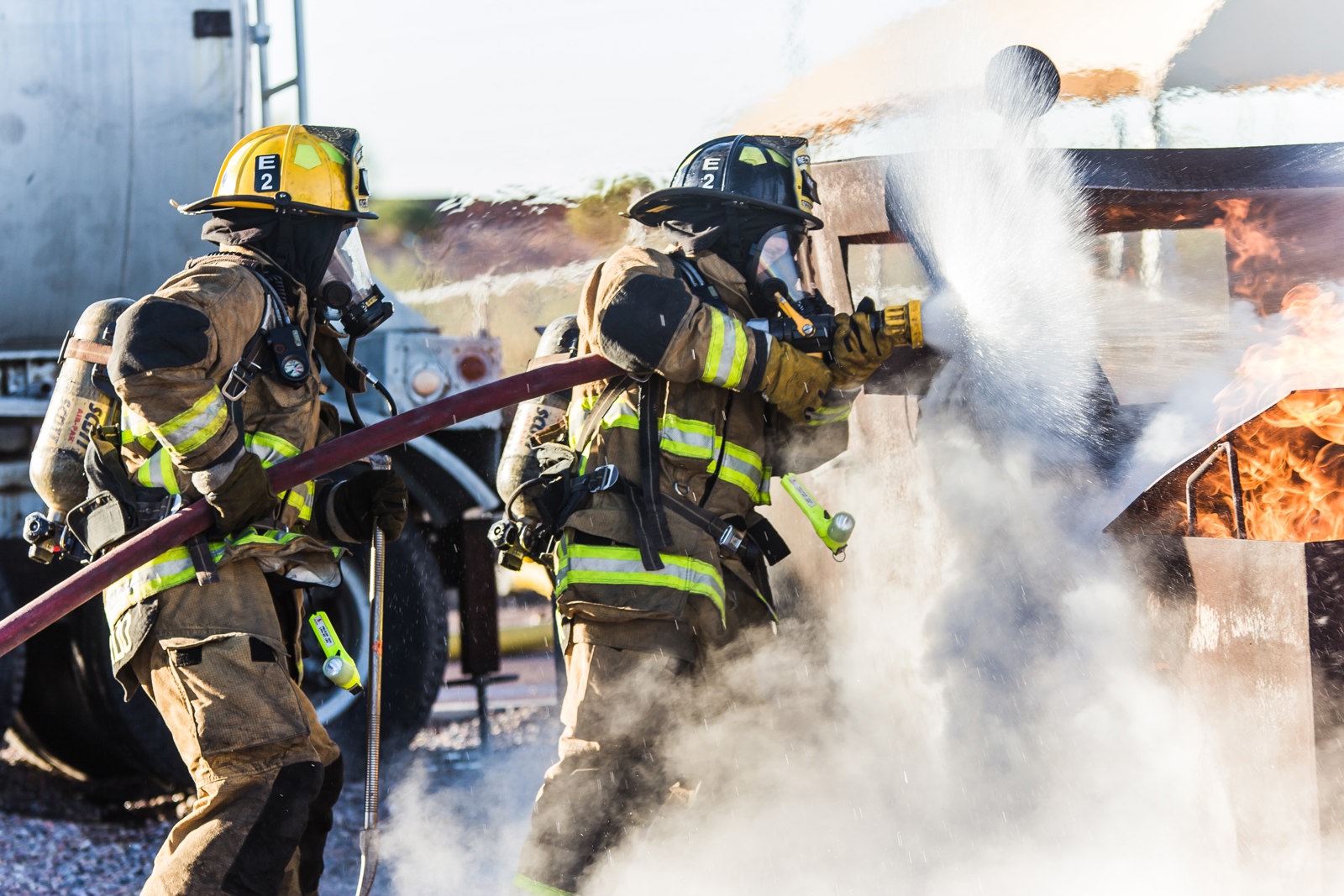
- Moving to ensure that the FENZ workforce reflects the make-up and diversity of the general population;
- Choosing and promoting leaders based on their people management skills; and
- Prioritising training to deal with poor behaviour.
Deputy Public Service Commissioner Helene Quilter said “end-to-end cultural change” was required. “This is not about updating policies and processes, it is about changing attitudes and behaviour”.
Read the review.
Private Member’s Bill to criminalise “wage theft”
A Private Member’s Bill by Labour MP Ibrahim Omer to criminalise “wage theft” has won selection in the ballot but has yet to have its first reading.
Twice in the early years after his arrival in New Zealand, the Eritean refugee was ripped off by unscrupulous employers. His Bill seeks to provide stronger protections for vulnerable workers by creating a new offence under the Crimes Act with penalties for wage underpayment of up to $5000 or a year in prison for individual employers and fines for corporates of up to $30,000.
Read the article.
Shared parental leave bill
Spouses or partners would have the option of splitting paid parental leave and taking it at the same time, provided the total amount paid out didn’t exceed the maximum entitlement available to a single person.
This is provided for under a Member’s Bill, sponsored by National Deputy Leader Nicola Willis and introduced before Christmas. Whether other parties will support it is as yet unknown as it has yet to go to first reading.
Read the Bill.
Employment Court finds for non-vaccinated worker
The Employment Court has found for a former New Zealand Customs Service officer who was dismissed (with three others) in 2021 for non-vaccination against Covid. Customs has been ordered to pay three months’ lost wages.
Relevant considerations were that Customs had “mischaracterised” the employee’s role as Tier 1 (frontline), had failed to engage appropriately with the employee, and had not gone through a proper process.
As Customs had expressly included tikanga and tikanga values in its employment relationships, Employment Court Chief Judge Christine Inglis considered that these were of relevance but that she did not need to decide on the issue in this case.
She did, however, quote a speech by Chris Hipkins in 2019 in his then capacity as Minister of State Services in which he said: “We’re requiring chief executives to operate as a good employer, recognising the aims and aspirations of Māori, the employment requirements of Māori and the need for greater involvement of Māori in the public service”.
Read the case.
Gloriavale workers employees
The Employment Court has found that six women born into the community and required to do domestic work were employees under the Employment Relations Act.
The Court found that: “The plaintiffs were told which Team they would work on, when they would work, the tasks they were to perform and the standards they were to meet when undertaking their assigned work”. The Chief Judge (who visited Glorivale as part of the Employment Court hearing) commented that: “The plaintiffs worked under the strict direction and control of the Overseeing Shepherd and were subordinate to him. They worked strictly as required, for long hours and for years on end. The nature of the work was akin to working in a large scale hostel, which would otherwise be paid for.”
Gloriavale has indicated that it intends to appeal the decision. Overseeing Shepherd Howard Temple said that the decision had “significant and wide ranging implications beyond Gloriavale, including how faith based communities, iwi and whanau choose to live and structure their household responsibilities.
Read the case.
Chapter 2
Health & safety
All employers required to initiate elections for H&S reps on request
All employers must now initiate elections for worker representatives to workplace health and safety committees if requested by their employees. Previously the requirement was restricted to workplaces with 20 or more workers.
Read the Bill.
Z Energy frontline staff cop abuse and racism “every day”
Stuff reports that Z Energy frontline workers are exposed to violence, verbal abuse and racism on a daily basis. An operator of 17 Z service stations in Auckland said some of the antisocial behaviour arose when staff intervened to prevent theft but that often it came “out of the blue” and seemed to be a response to the increasing cost of living and previous Covid-19 restrictions.
Read the article.
Industry report shows H&S regime not delivering necessary change
A high-powered industry analysis shows that the positive duty of care created in the Health and Safety at Work Act 2015 has not delivered the anticipated results.
The report, led by the Business Leaders Health and Safety Forum and the General Managers Safety Forum, with support from the Institute of Directors and funding from WorkSafe, notes that the number of injuries requiring more than a week off work has increased every year in the last 10 years with the exception of 2020.
A key finding is that, while health and safety is on the radar for boards and management, performance against some measures has stalled and in some cases is getting worse and that “the agenda is not driving the necessary change towards positive outcomes”.
The thrust of the report’s recommendations is encapsulated in the following diagram.
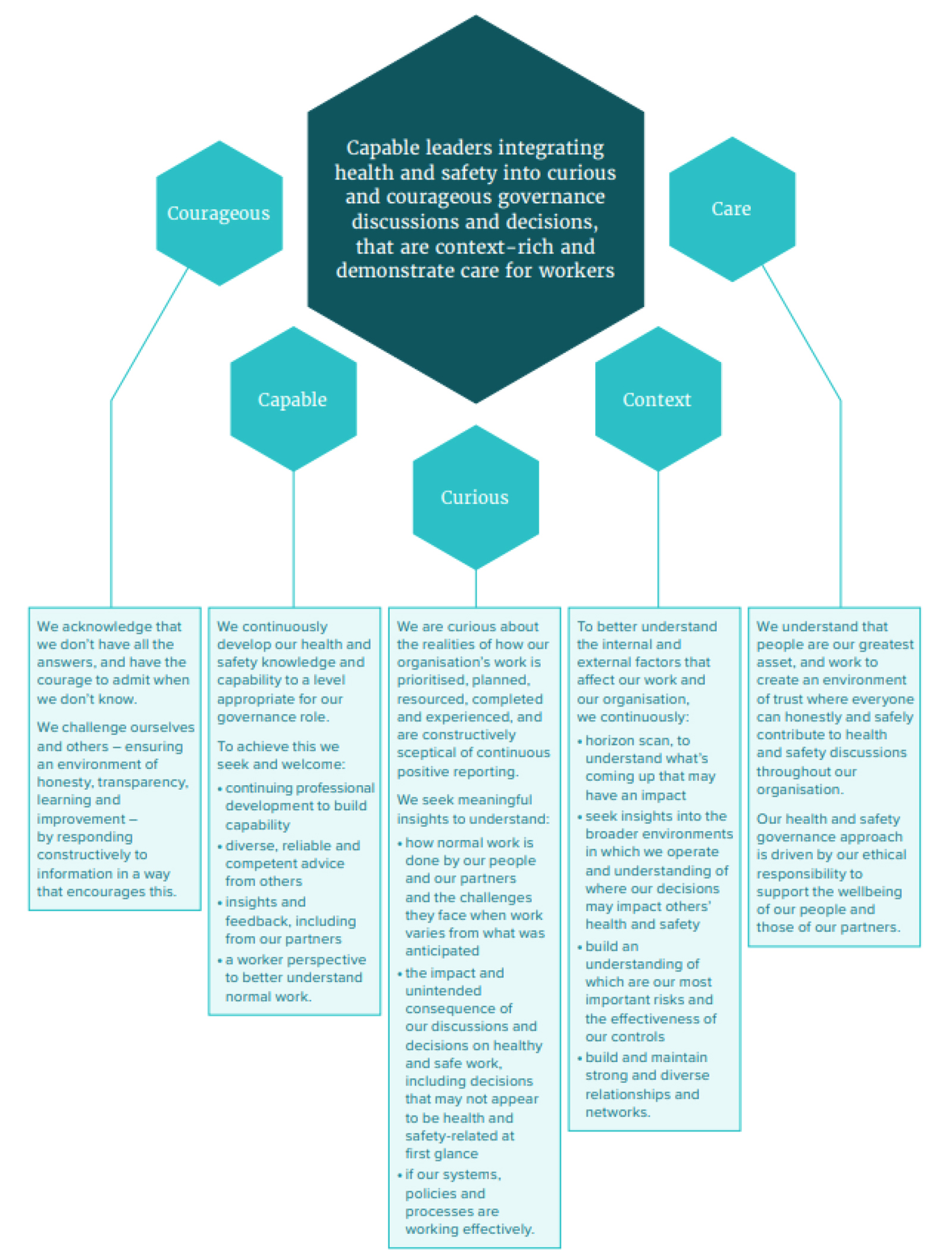

Workplace bullying endemic and damaging
Research by Professor Jarrod Haar across a broad sample of New Zealand employees of their experience last year has found that workplace bullying is endemic and deeply damaging.
Only 8.6% reported that they had not been bullied against almost 10% who had been bullied on a weekly basis and 24.2% who had been bullied monthly on average.
Employees who had been bullied monthly or more were:
- 10 times more likely to experience severe job burn-out
- 11.2 times more likely to face mental health issues, and
- 12.6 times more likely to experience job depression.
The most common form of bullying was the withholding of information relevant to job performance, followed by being ignored or excluded or being the subject of gossip, rumours or insulting or offensive remarks.
Read the article.
WorkSafe Whakaari Island prosecution now before court
The Auckland District Court has opened proceedings in what is expected to be a four- month trial relating to the circumstances which led to the fatalities and injuries arising from the 2019 Whaakari Island eruption.
Several of the parties have already pleaded guilty, one of which has been fined $227,500 while the others are still awaiting sentencing. One party has had the charges against it dismissed.
An application from the island’s owner Whakaari Management Limited and its directors Andrew, James and Peter Buttle to have the charges against them thrown out was rejected, meaning that their case will be heard by the court.
ACC Amendment Bill reported back
The Accident Compensation (Access Reporting and Other Matters) Amendment Bill has been reported back from select committee with a recommendation that it proceed, although it is opposed by National and ACT.
All parties support the move to make eligibility for the minimum rate of ACC compensation available after two weeks’ incapacity, down from six.
But the new requirement that ACC report annually on the level of access to the scheme by “Māori and other population groups” is considered by National not to require legislation and by ACT to set “a double standard”.
The aim of the Bill is to make it easier to extend ACC coverage to new occupational diseases, particularly those affecting women, Māori, the disabled and other minority workers.
Chapter 4
Immigration
Major expansion of immigration policy
Under increasing heat from endemic labour shortages across the economy, and the inflationary impact of a tight labour market, the Government has substantially expanded its Green List of occupations that attract immediate residency.
Midwives, specialist doctors and auditors were listed immediately (15 December), with secondary and primary school teachers, telecommunications technicians, motor mechanics and range of construction occupations coming in at March this year.
Then, in April a further 32 health roles were added, taking the total to 48 and creating what is essentially an “open sesame” policy for health workers. Also included at this time were skippers and deck hands for commuter ferry services.
Other immigration measures this year include:
- Extension by 12 months of employer accreditation applied for by 4 July 2023; and
- Introduction of a streamlined Specific Purpose Work Visa to allow the approximately 2,500 long-term critical workers already in the country to remain for another three years.
Read the statement.
Interim response to Productivity Commission immigration inquiry
The Government will consider introducing a Government Policy Statement on Immigration (much as the GPS on Transport) to provide more transparency and certainty over immigration settings and priorities.
The idea was recommended by the Productivity Commission in its report Immigration – Fit for the future – which was released late last year. The Government’s interim response to most of the Commission’s other recommendations was that they were already being addressed through the Immigration Rebalance project.
Read the statement.
Strong initial interest in Recovery Visa
More than 600 migrant workers were approved in the first month under the Recovery Visa to import labour to assist with the clean-up and rebuild after the Auckland floods and Cyclone Gabrielle.
Read the statement.
Our services
We can assist you in all areas of employment law, including health and safety, personal grievances, litigation, collective bargaining, disputes and mediations, redundancies, restructuring, senior executive employment, exit negotiations and post-employment arrangements.








































